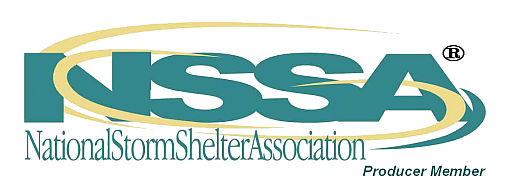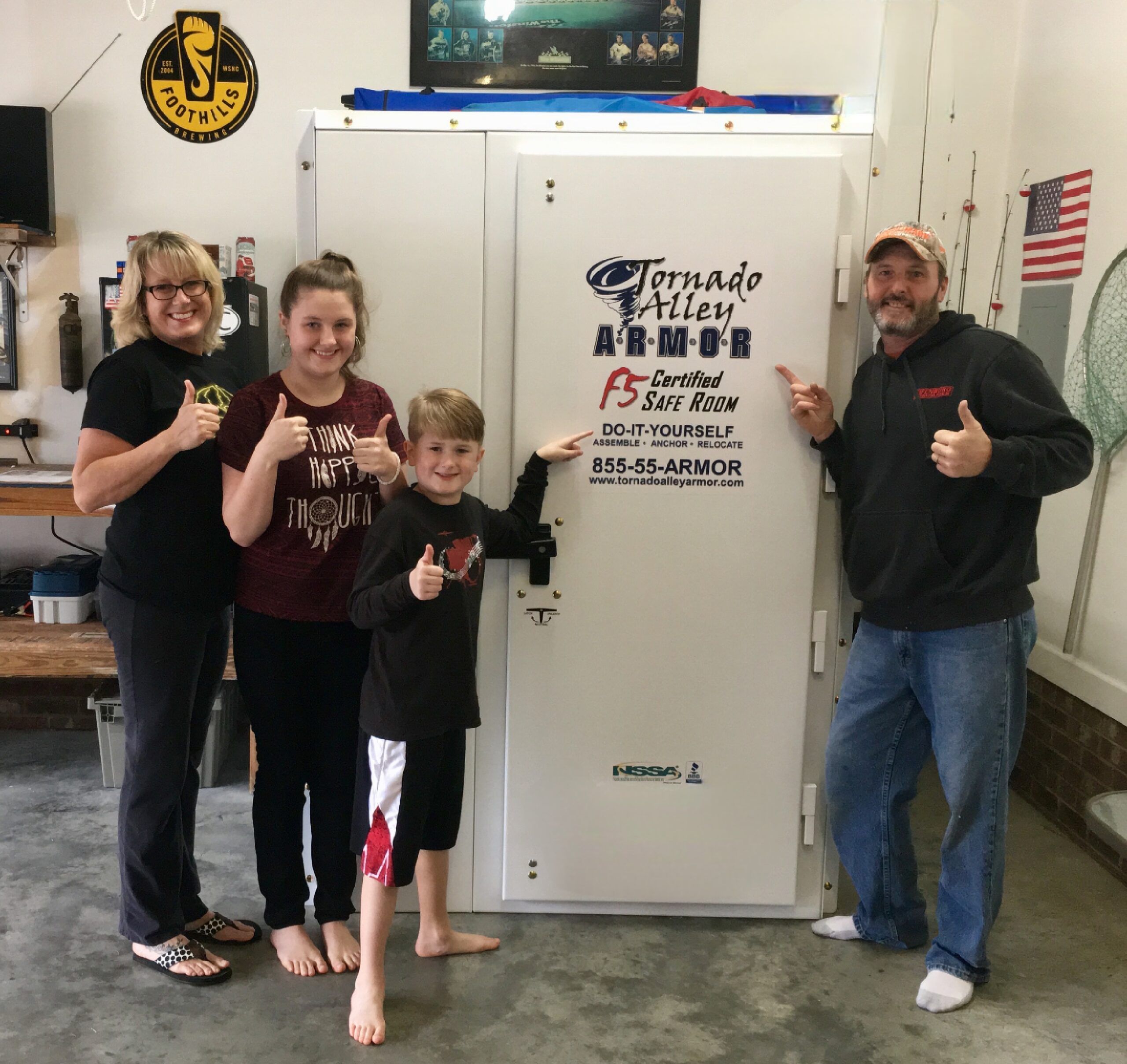If Tornado Shelters are Impact Tested at Texas Tech does that make them FEMA 320 Compliant?
We attended a Home and Garden Show recently and had some customers ask us about FEMA compliance for storm shelters and impact testing at Texas Tech University. Apparently there are storm shelter companies that are misleading customers into believing that passing debris impact testing at Texas Tech National Wind Institute (http://www.depts.ttu.edu/nwi/) is equivalent to being FEMA 320 (http://www.fema.gov/safe-room-resources/fema-p-320-taking-shelter-storm-building-safe-room-your-home-or-small-business) compliant. This is grossly incorrect and the companies that are telling customers this are aware they are incorrect. At Tornado Alley Armor we try to educate consumers on the fact that the storm shelter industry is unregulated and there are lots of tornado shelter companies out there misinforming them on the facts.
Passing debris impact testing at Texas Tech is the first step in gaining membership in the voluntary self-policing National Storm Shelter Association. At Texas Tech they do not check for FEMA compliance. They only test ability to take EF-5 strength impacts without failure. This is no small feat, and very important to have done. If a safe room can’t handle the EF-5 impacts during testing then it absolutely is not FEMA compliant. At every trade show you’ll find non-NSSA manufactures who tout FEMA 320 compliance yet it is immediately clear by any number of visual indicators that they are not, in fact, compliant…things as simple as counting the number of hinges and latch points, or checking the anchor spacing just to name a few items. But, being able to claim successful impact testing at Texas Tech does NOT make a storm shelter FEMA compliant. So let the buyer beware! Look for the NSSA logo.
The NSSA’s Executive Director is Dr. Ernst Kiesling P.E., Ph.D, from Texas Tech University’s National Wind Institute. Dr. Kiesling is recognized as one of the premiere authorities in the world on wind energy research and safe room design protocols. Ernst and his staff at TTU worked extensively with FEMA in the late 90’s to develop what is now FEMA’s Publication 320, 360 & 361 guidelines for small group and community safe rooms for tornadoes, as well as hurricane shelters. He does not own an interest in any storm shelter company. His primary concern is for public safety and integrity in the storm shelter industry
We attended a Home and Garden Show recently and had some customers ask us about FEMA compliance for storm shelters and impact testing at Texas Tech University. Apparently there are storm shelter companies that are misleading customers into believing that passing debris impact testing at Texas Tech National Wind Institute (http://www.depts.ttu.edu/nwi/) is equivalent to being FEMA 320 (http://www.fema.gov/safe-room-resources/fema-p-320-taking-shelter-storm-building-safe-room-your-home-or-small-business) compliant. This is grossly incorrect and the companies that are telling customers this are aware they are incorrect. At Tornado Alley Armor we try to educate consumers on the fact that the storm shelter industry is unregulated and there are lots of tornado shelter companies out there misinforming them on the facts.
Passing debris impact testing at Texas Tech is the first step in gaining membership in the voluntary self-policing National Storm Shelter Association. At Texas Tech they do not check for FEMA compliance. They only test ability to take EF-5 strength impacts without failure. This is no small feat, and very important to have done. If a safe room can’t handle the EF-5 impacts during testing then it absolutely is not FEMA compliant. At every trade show you’ll find non-NSSA manufactures who tout FEMA 320 compliance yet it is immediately clear by any number of visual indicators that they are not, in fact, compliant…things as simple as counting the number of hinges and latch points, or checking the anchor spacing just to name a few items. But, being able to claim successful impact testing at Texas Tech does NOT make a storm shelter FEMA compliant. So let the buyer beware! Look for the NSSA logo.
The NSSA’s Executive Director is Dr. Ernst Kiesling P.E., Ph.D, from Texas Tech University’s National Wind Institute. Dr. Kiesling is recognized as one of the premiere authorities in the world on wind energy research and safe room design protocols. Ernst and his staff at TTU worked extensively with FEMA in the late 90’s to develop what is now FEMA’s Publication 320, 360 & 361 guidelines for small group and community safe rooms for tornadoes, as well as hurricane shelters. He does not own an interest in any storm shelter company. His primary concern is for public safety and integrity in the storm shelter industry




